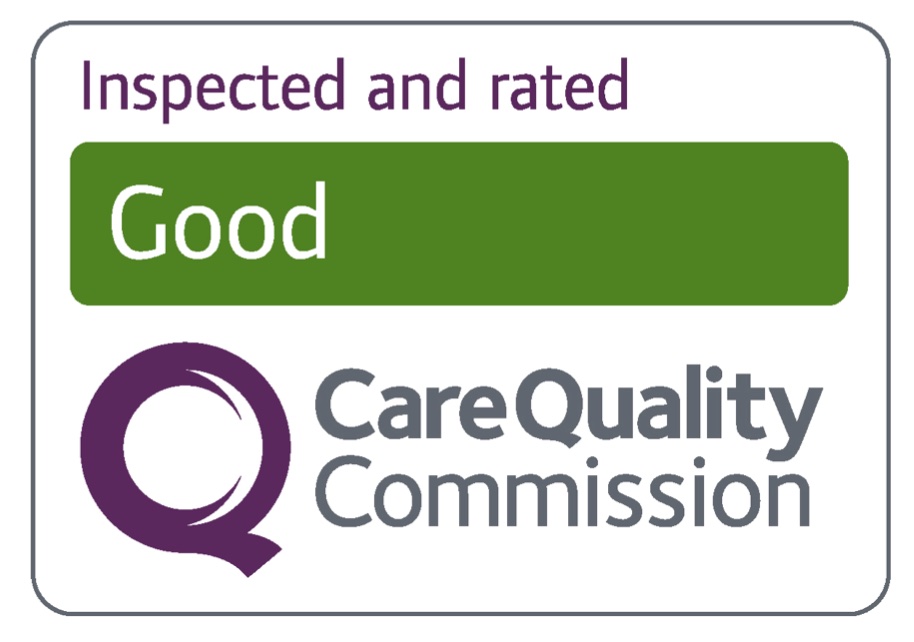With the new single assessment framework about the launch, it is important that registered managers and nominated individuals familiarize themselves not only with the new CQC quality statements – see our previous blog: https://www.careis.net/the-cqc-single-assessment-framework-quality-statements/, but that they also understand the mechanisms by which the CQC will assess for these.
The evidence categories as described by the CQC are:
- People’s experience of health and care services
- Feedback from staff and leaders
- Feedback from partners
- Observation
- Processes
- Outcomes
 While in reality these have not changed a great deal from the ways in which the CQC inspected care providers in the past, they are at least now made more explicit, with descriptions of what the inspectors will be looking for within each category:
While in reality these have not changed a great deal from the ways in which the CQC inspected care providers in the past, they are at least now made more explicit, with descriptions of what the inspectors will be looking for within each category:
https://www.cqc.org.uk/about-us/how-we-will-regulate/single-assessment-framework
Our assessment framework focuses on what matters to people. We encourage people who use services, and organisations who represent them or act on their behalf, to share their experiences at any time.
We define people’s experiences as:
“a person’s needs, expectations, lived experience and satisfaction with their care, support and treatment. This includes access to and transfers between services”.
The key points are:
- People using services, their families, friends and advocates are the best sources of evidence about lived experiences of care. This includes their perspective of how good their care is.
- We value people’s experiences as highly as other sources of evidence and weight them equally with other required evidence categories.
- We consider the context and impact of people’s experiences in our analysis.
- If we receive feedback that people have poor experiences of care we will always identify it as a concern. We will review further and gather more evidence. This is even if other evidence sources have not indicated any issues.
- We increase our scrutiny of, and support for, how providers and systems encourage, enable and act on feedback. This includes feedback from people who face communication barriers. We look at how they work together to improve services.
People’s experiences are a diverse and complex source of evidence. We analyse a range of sources, such as data on demographics, inequalities and frequency of use for care services.
Our framework:
- sets out clearly what people should expect a good service to look like
- places people’s experiences of care at the heart of our judgements
- makes sure that gathering and responding to feedback is central to our expectations of providers and systems.

What is also important is that providers understand the ways in which the CQC will collect the evidence to make their assessments, they describe this:
- We carry out surveys of people who use services at regular intervals and when we need to.
- We proactively seek out experiences that people are already sharing with others including with providers, trusted online spaces and from other sources.
- We encourage and support those who provide and organise care services to proactively and continuously promote ways for people to give feedback. This includes:
- our feedback on care service
- their own communications channels (website, SMS text, email, display at the premises)
- We expect them to enable us to contact people who use their service, their families, unpaid carers and advocates at any time. This is so we can speak privately to people in residential care in person, by telephone or video link if we need to.
- We raise public awareness of CQC’s role and the importance of people’s experiences in our work.
- We share information effectively with local organisations representing or acting on behalf of people who use services. These include Local Healthwatch, voluntary organisations, advocates and other groups.
- We build relationships and work in partnership with trusted intermediaries and others. This is to understand the experiences of people who are:
- from seldom heard communities
- most likely to experience poorer care or inequalities.
- Our Experts by Experiences are people with lived experience of care services. They work with our local teams to understand the experiences of people using adult social care and mental health services.
- We store all the information we gather about people’s experiences securely and in line with GDPR requirements.
- We have the skills, training and accessible systems and tools so all people can share experiences with CQC.
- When we visit care services, we spend most of our time observing care and talking to people who use the service, their families, unpaid carers or advocates.
What this indicates is that the process is being made transparent and not that the regulations or fundamental standards have been changed. Care providers should therefore not be overly concerned about these changes, but should ensure that they are familiar with them, and that they can provide a variety of evidence of their engagement with the various quality statements.
One key way of providing evidence which is easy to access and to show the CQC at the point of inspection is to go electronic. Digital Care Management Software is now the majority way in which social care providers in the UK are undertaking their care and support planning. With benefits such as accessibility, legibility and the ability to exercise better governance, providers are finding that the challenges of going digital are quickly outweighed by the advantages.
Being outcome focused is easier to attain when the care and support plan is a dynamic document which all of the team can access in real time. This also allows the service user, and any significant others, the opportunity to access, review and comment on the outcome targets in something akin to teal time. Not only does this benefit outcomes, but it says a lot to the CQC about how the service values the experiences of service users.
Many systems offer additional benefits like audit, policies and training within their offer making the role of the provider and registered manager that little bit easier. Some, like CAREis, also enable access to supervision and appraisals and make administration easier using live trackers.
Talk to us at CAREis about how we can help support you and your team meet the requirements of the single assessment framework by going digital.
